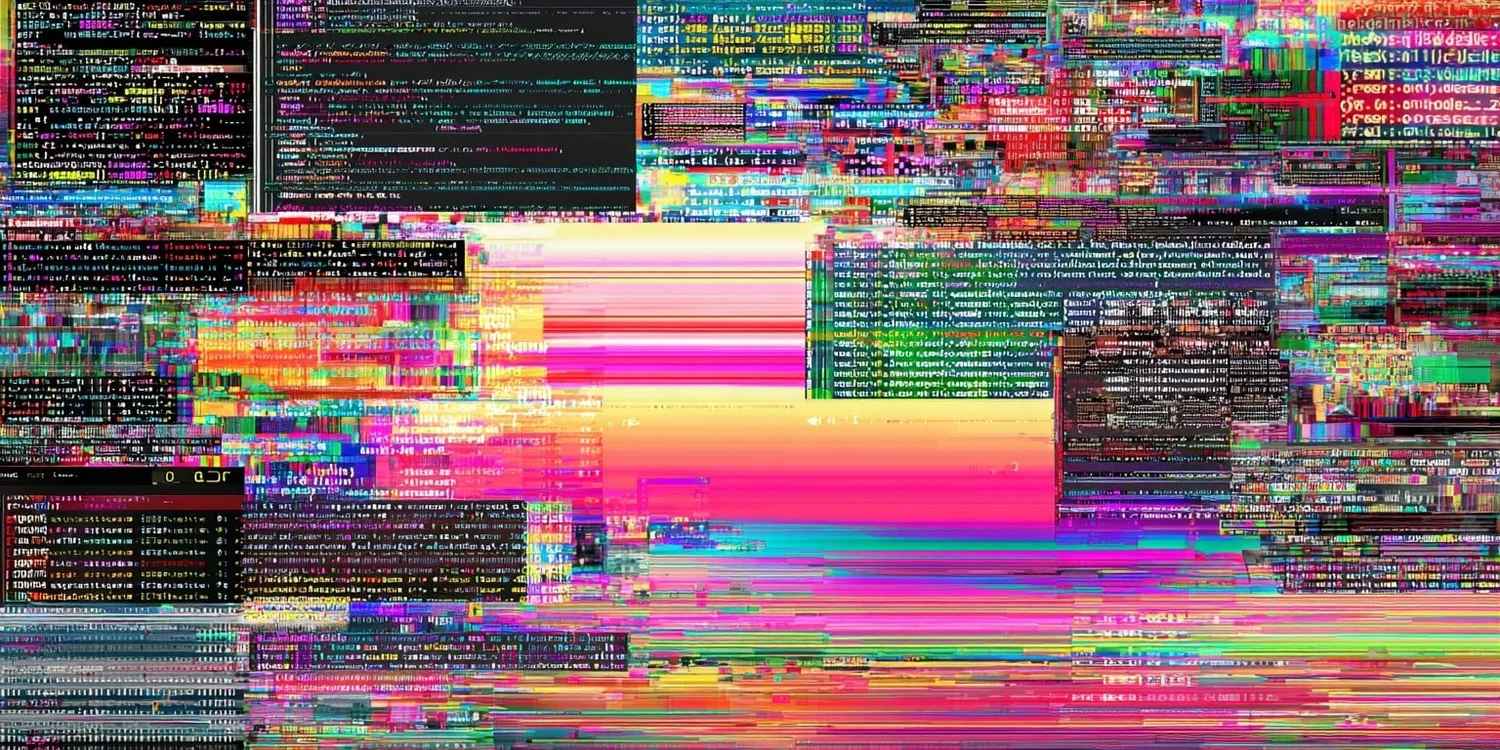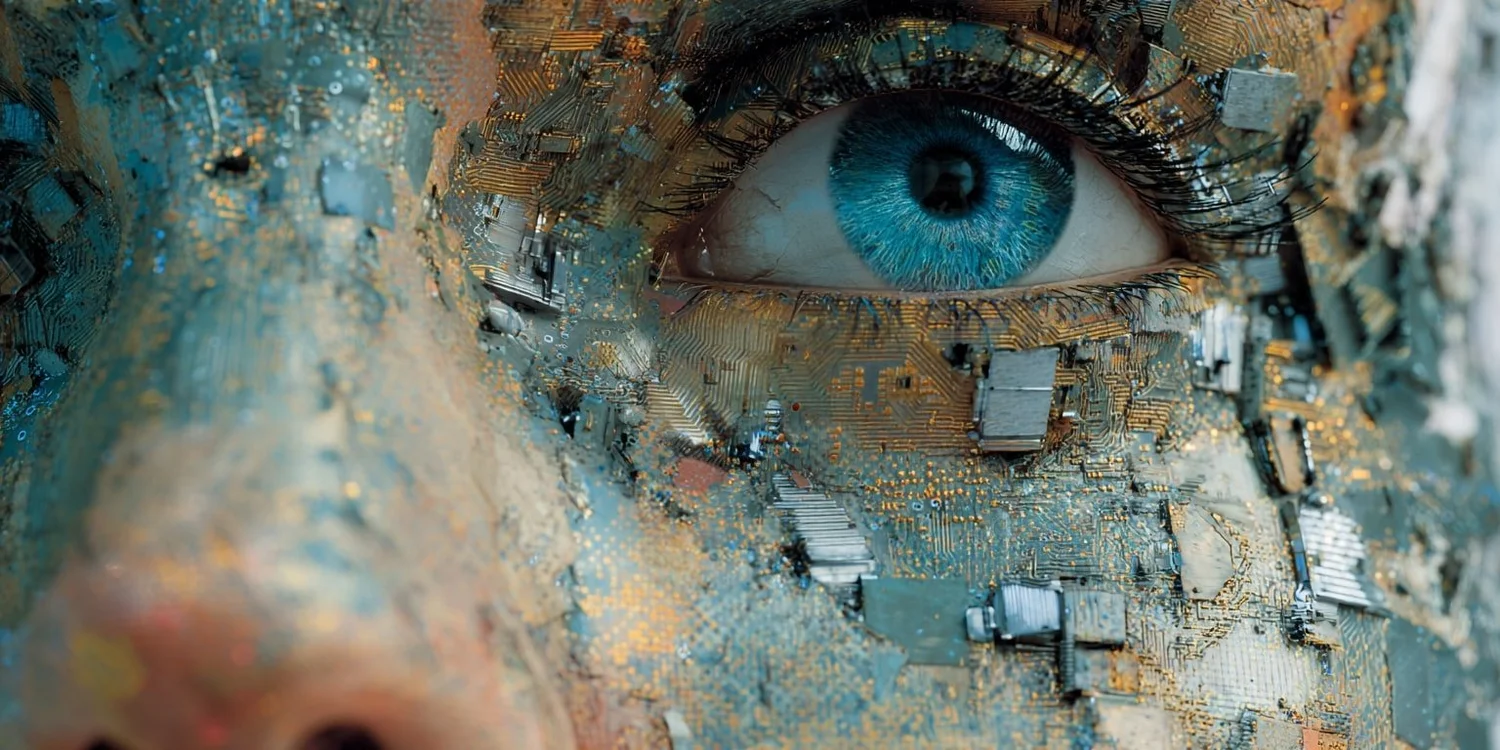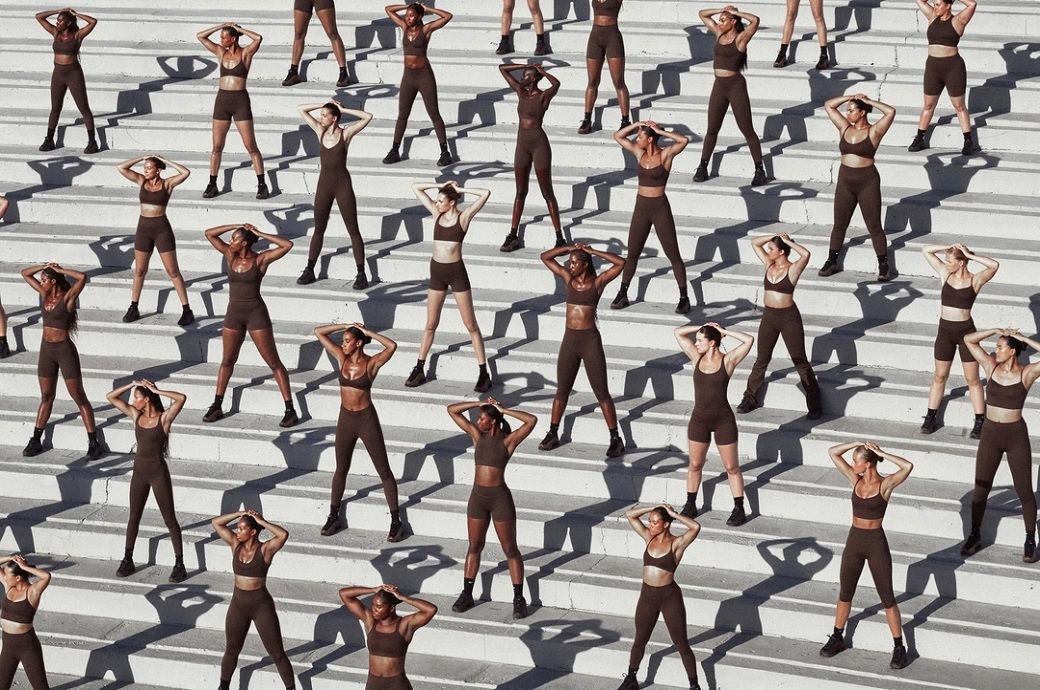Japan’s largest newspaper, Yomiuri Shimbun, sues AI startup Perplexity for copyright violations

The Yomiuri Shimbun, Japan’s largest newspaper by circulation, has sued the generative AI startup Perplexity for copyright infringement. The lawsuit, filed in Tokyo District Court on August 7, marks the first copyright challenge by a major Japanese news publisher against an AI company.
The filing claims that Perplexity accessed 119,467 articles on Yomiuri’s site between February and June of this year, based on an analysis of its company server logs. Yomiuri alleges the scraping has been used by Perplexity to reproduce the newspaper’s copyrighted articles in responses to user queries without authorization.
In particular, the suit claims Perplexity has violated its “right of reproduction” and its “right to transmit to the public,” two tenets of Japanese law that give copyright holders control over the copying and distribution of their work. The suit seeks nearly $15 million in damages and demands that Perplexity stop reproducing its articles.
The three plaintiffs in the suit are the newspaper’s headquarters in Tokyo, Osaka, and Fukuoka, all of which operate separately under Yomiuri Shimbun Holdings.
Japan’s copyright law allows AI developers to train models on copyrighted material without permission. This leeway is a direct result of a 2018 amendment to Japan’s Copyright Act, meant to encourage AI development in the country’s tech sector. The law does not, however, allow for wholesale reproduction of those works, or for AI developers to distribute copies in a way that will “unreasonably prejudice the interests of the copyright owner.”
In a statement sent to Yomiuri, a Perplexity spokesperson said, “We are deeply sorry for the misunderstanding this has caused in Japan. We are currently working hard to understand the nature of the claims. We take this very seriously, because Perplexity is committed to ensuring that publishers and journalists benefit from the new business models that will arise in the AI age.”
Last fall, two News Corp–owned publishers, The Wall Street Journal and the New York Post, took similar legal action against Perplexity. Outside of the U.S., though, Perplexity has so far avoided much legal scrutiny. Competing generative AI companies, including OpenAI and Meta, have faced copyright infringement suits from major international publishers.
In India, a joint copyright infringement suit against OpenAI includes some of the country’s most established news publications, including The Indian Express, The Hindu, and The India Today group. In France, the country’s leading authors and publishers associations have filed suits against Meta, alleging economic “parasitism.”
In May, the Japan Newspaper Publishers and Editors Association published an open letter calling out AI companies for free riding off their copyrighted material and warning them to stop their scraping practices. The status quo “could cause huge damage to the business of news organizations,” the association wrote at the time. “If quality news content, which underpins democracy, decreases, the public’s right to know may be hampered.”
What's Your Reaction?
 Like
0
Like
0
 Dislike
0
Dislike
0
 Love
0
Love
0
 Funny
0
Funny
0
 Angry
0
Angry
0
 Sad
0
Sad
0
 Wow
0
Wow
0



































































